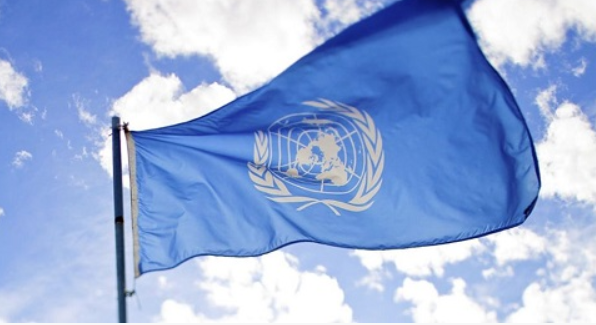Brother
Professional
- Messages
- 2,590
- Reaction score
- 533
- Points
- 113

Earlier this week, the UN Narcotics Control Board (INCB) released a 2021 report that touched on the fight against the international drug business, as well as regional reforms to legalize and decriminalize drugs, such as mj, which are taking place in some countries around the world. Despite the fact that the INCB document calls on the governments of the countries of the world to treat citizens who commit drug crimes more humanely, the conclusion of the report is that the international community should adhere to the letter of the UN agreements and conventions on drug control, accordingly following a strict criminalization regime and applying sanctions on countries that decide to carry out their own reforms.
In the foreword of the report, the head of INCB, Viroi Sumiai, argues that the UN-backed regime of strict international criminalization is a reference model for a drug control system based on years of "successful" international conventions of the last century.
“In general, the drug policy of any state should strive to prolong life and raise its quality among all its citizens,” Sumiai writes. “Therefore, the international community must unite in the fight against substances that cause addiction and have a negative impact on human health. In other words, the drug policy should be guided by the provisions of the three international conventions adopted by the UN member states over the past century."
At the same time, it should be noted that Mr. Sumiai does not seem to pay attention to the fact that the first of the UN conventions he mentioned, adopted back in 1961, clearly states that states reserve the right to legalize psychoactive substances if they can be used in therapeutic purposes. Thus, the international community has for many years allowed the regional legalization of the production and distribution of opium and cocaine, as well as certain types of hallucinogens. Now, this convention can recognize the therapeutic properties of the plant mj, as well as other, now prohibited substances. Despite this fact, the authors of the report speak rather negatively about the reforms currently underway in the United States, Uruguay, Canada and many other countries of the world.
The report is limited to noting that criticism of the United States, Canada and Uruguay is being leveled at the recreational nature of the ongoing legalization. “The 1961 Convention on the Regulation of Illicit Narcotic Substances allows regional legalization of such substances only if they are used for scientific or therapeutic purposes,” reads an extract from the report.
"In particular, the committee singles out the situation in Canada as unacceptable from the point of view of international law, where parliament passed a bill on the full legalization of personal consumption of mj in April," the text of the report reads. "It is worth noting that bill C-45, adopted by the country's parliament, directly allows citizens to use mj for recreational purposes, which grossly violates the provisions of the conventions signed by the Canadian government in 1961."
Simply put, in an effort to maintain the status quo, the UN continues to throw empty promises of reform and humanism in its approach to drug regulation to the winds, ultimately calling on the world to continue to uphold a strict criminalization regime for mj and other light psychoactive substances.
Funnily enough, the report also draws attention to the opiate epidemic in the United States, as well as parts of Europe and Australia, urging authorities to increase access to new treatments for addiction without mentioning the success of drug therapy for the ailment.
Despite the fact that several scientific papers have already clearly confirmed the ability of mj to suppress cravings for opiates, it seems that the UN is more interested in projecting suitable views to the global community, rather than actually solving the world's drug problems. In the end, the organization's work is supported by donations from countries with strict criminalization regimes that punish their citizens for even consuming mj, let alone cultivating it.
Naturally, the UN does not have real leverage to put pressure on countries that violate the conventions of half a century ago, however, it is still unpleasant to admit that an organization that should represent the interests of equality and respect for human dignity prefers to support inhuman criminalization of mj, despite its safety for health and pronounced therapeutic properties.

